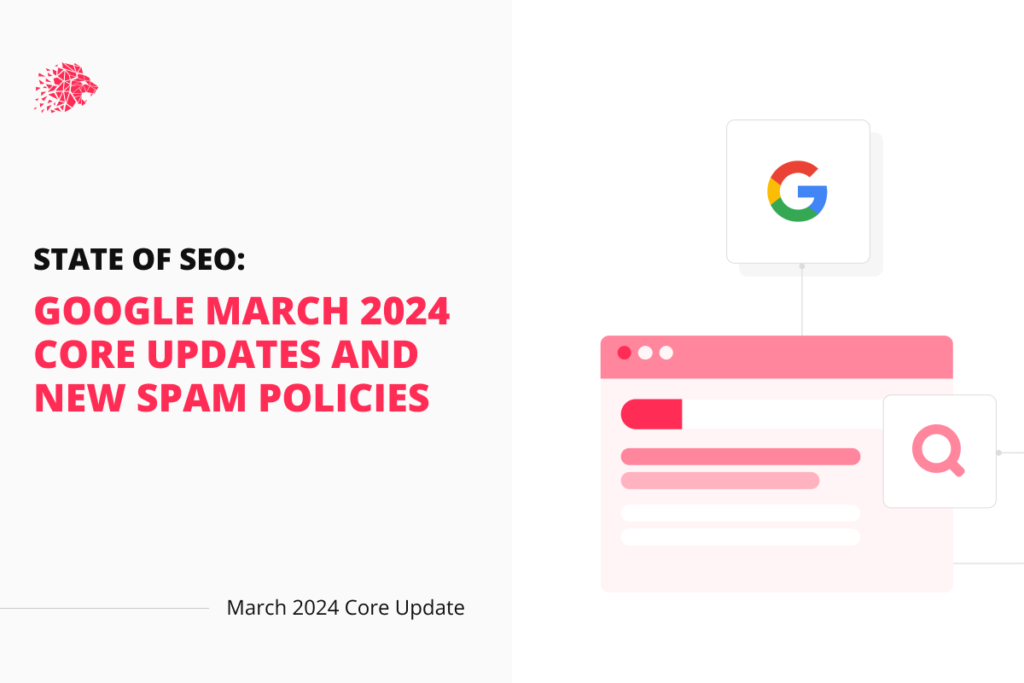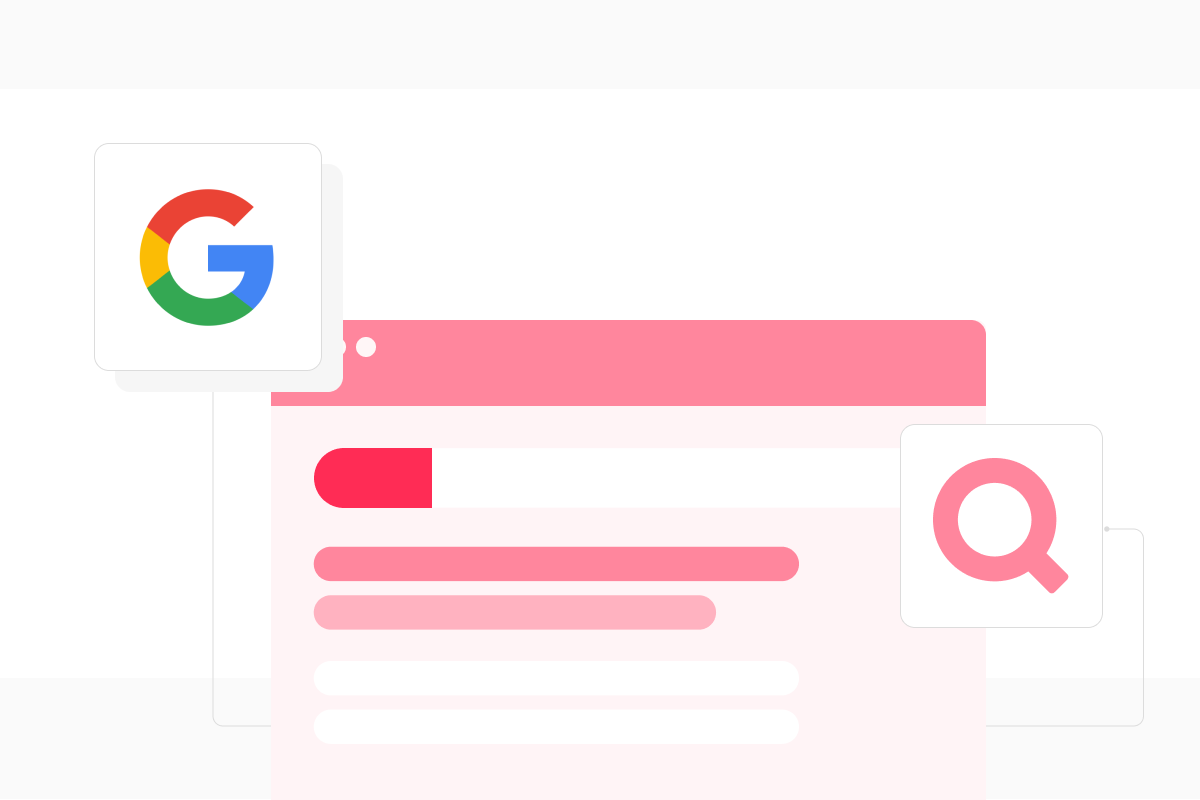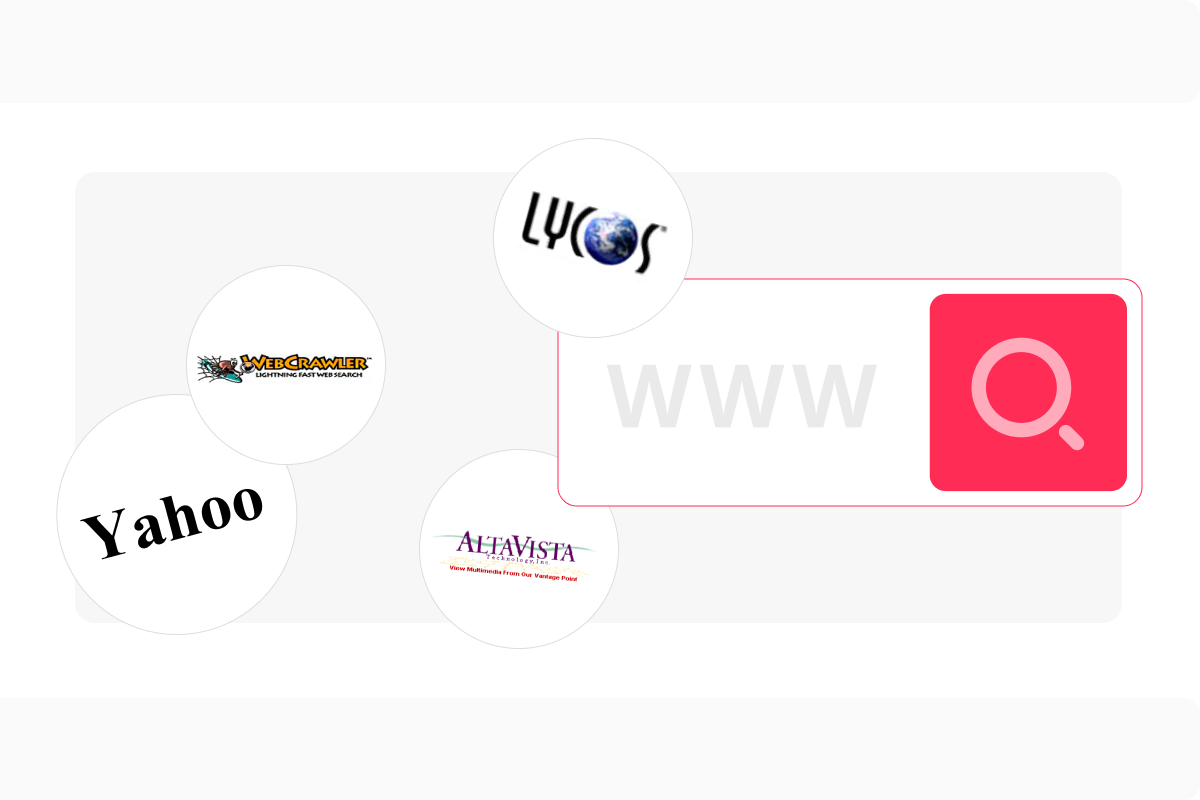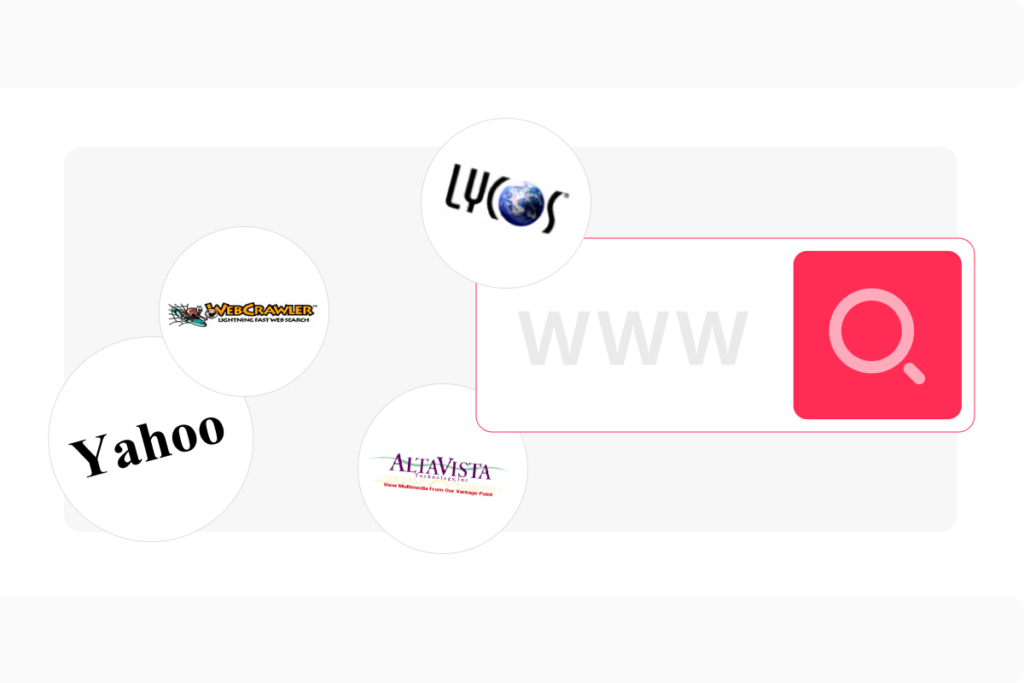
In the fast-paced realm of digital marketing, Google’s March 2024 Core Update is a significant development, signalling a shift in how search results are ranked. This update requires marketers, online retailers, and entrepreneurs to reevaluate their SEO strategies, as it represents a departure from Google’s usual practices.
Key Features of the Update
The March 2024 Core Update introduces major changes to Google’s core ranking systems, aiming to improve the quality and relevance of search results. One of the main goals is to reduce the presence of unoriginal, low-quality content by 40%. This change reflects Google’s commitment to improving the user experience.
Impact on E-tailers and Entrepreneurs
- Content Quality is Critical: The saying “content is king” is more relevant than ever. Online retailers must focus on creating original, valuable content that directly addresses customer needs. Quality and uniqueness are key factors in challenging the competition.
- Adaptation is Essential: The update will penalise unoriginal and low-quality content more severely, so e-tailers must quickly adapt their content strategies to avoid significant drops in visibility. Innovation and a focus on quality are essential to maintain a competitive edge.
- Link-Building Strategies Matter: The update’s approach to evaluating link signals emphasises the importance of authentic link-building practices. Manipulative link schemes are no longer effective, highlighting the need for natural, high-quality backlinks for SEO success.
Cracking Down on Spam
Google has identified various tactics that try to manipulate search engines into believing a site provides valuable content when it is of sub-standard quality. The spam update targets three main areas:
- Expired Domain Abuse: This tactic involves purchasing an expired domain and repurposing its content to manipulate search rankings. It aims to deceive users into believing that new content on the domain is part of the original site, which may not be true.
- Scaled Content Abuse: This includes any method of creating content at scale solely to rank higher in search results. The quality and uniqueness of the content are vital factors in its ranking, whether generated by AI tools like ChatGPT or Gemini or created manually. Low-quality and non-unique content will rank lower.
- Site Reputation Abuse: This practice involves hosting low-quality content from third-party sites to achieve high rankings. While not all third-party content is affected, Google will identify content used to manipulate search rankings and take action accordingly.
These updated policies ensure search rankings prioritise useful content, serving users more effectively. Violating these policies may result in lower rankings or exclusion from search results. Therefore, the LION Digital team recommends eCommerce businesses review tactics and ensure that content meets the highest quality standards.
Adapting to the New SEO Landscape
To navigate SEO strategies after the update:
- Embrace Ethical SEO Practices: Align strategies with Google’s goal of improving the user experience through appropriate SEO processes.
- Use AI Responsibly: While AI and machine-learning tools can enhance content creation, it is important to ensure that the content remains user-friendly and helpful.
Contact LION Digital to Guide Your SEO Experience
Incorporating strategies that reflect the Google March 2024 Core Update not only ensures compliance with Google’s policies but also enhances user experience and improves overall search rankings. With Google’s increased focus on content quality, agility, and adaptability are key to remaining ahead of the curve in the ever-evolving digital marketing landscape.
To ensure your content meets Google’s standards and isn’t flagged as spam, get in touch with our LION Digital experts. Our team can provide tailored SEO solutions and guidance to target your audience and optimise your digital marketing strategies effectively.
GET IN CONTACT TODAY AND LET OUR TEAM OF ECOMMERCE SPECIALISTS SET YOU ON THE ROAD TO ACHIEVING ELITE DIGITAL EXPERIENCES AND GROWTH
Contact Us

Article by








